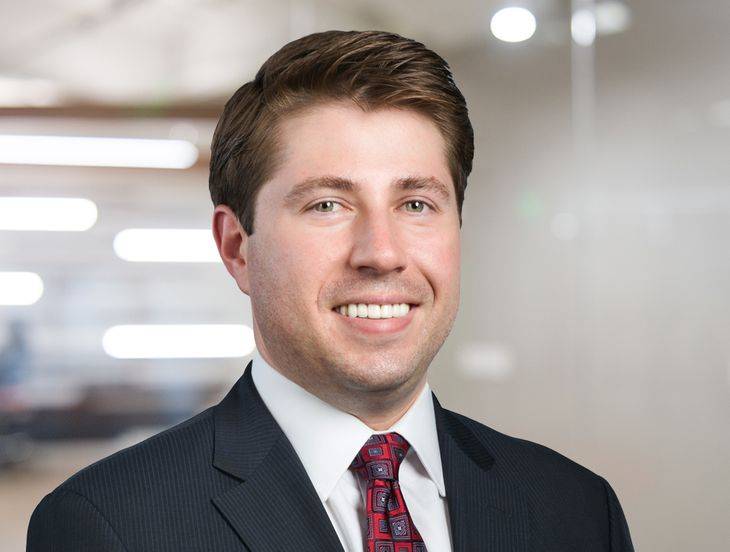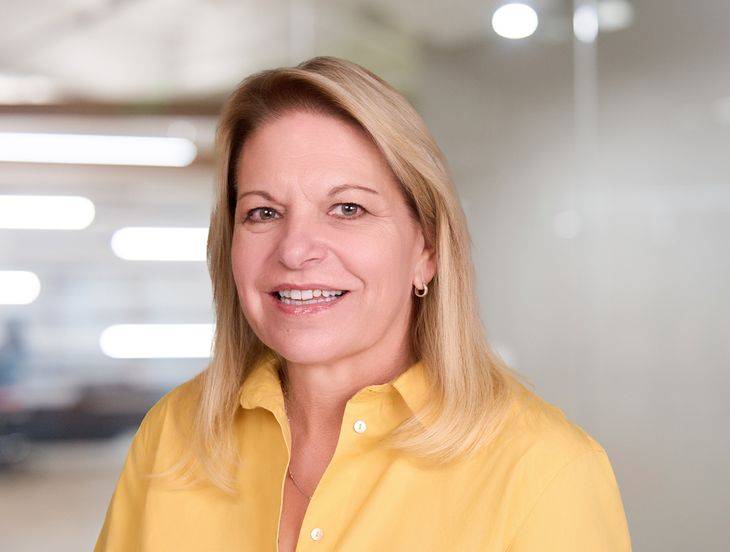Hospitality Industry Braces for NYC’s Safe Hotels Act: Top Things Employers Need to Know About What Could Become a Nationwide Trend
Insights
10.29.24
New rules regulating hotels in NYC will likely take effect next May if Mayor Adams soon signs the Safe Hotels Act, which the City Council just passed by an overwhelming majority on October 23. NYC lawmakers are aiming to address safety concerns regarding human trafficking, crime, and cleanliness — but the act goes far beyond simply addressing these straightforward concerns, placing restrictions on how hotels operate as a whole and seemingly trying to encourage unionization. Indeed, organized labor was a strong proponent of the act. In addition to employers in the Big Apple, hospitality businesses nationwide will want to track this new law, as unions could push for similar rules in more cities. Here’s what you need to know and the key issues you should be tracking.
3 Main Requirements
At its most basic, the act has three requirements:
- It requires that all “core employees” (housekeeping, front desk, or front service) undergo human trafficking training.
- It sets new safety standards.
- It requires a hotel operator to obtain a license. The Department of Consumer and Worker Protection (DCWP), the agency tasked with enforcing similar NYC workplace laws (which you can read about here and here), will oversee the license process and issue regulations.
Safety Standards
The act contains the following key provisions regarding safety standards:
- Continuous Coverage: There must be at least one employee to provide continuous front desk coverage. Alternatively, the hotel can schedule a security guard for an overnight shift who is able to assist guests and has undergone human trafficking training. These employees must be available to confirm the identify of guests checking in.
- Safe Conditions: The hotel must maintain “safe conditions” for guests and hotel workers, “safe conditions” being an undefined term.
- Cleanliness: The hotel must maintain the cleanliness of guest rooms, sanitary facilities, and hotel common areas, without further definition on the standard for “cleanliness.”
- Guest Requests: The hotel must replace towels, sheets, and pillowcases upon guest request.
- Daily Room Cleaning: The hotel must clean a guest room and remove trash daily unless a guest affirmatively declines the service. Hotels cannot impose a fee for daily room cleaning or offer a discount to forego daily room cleaning.
- Panic Buttons: Employees whose job duties involve entering occupied guest rooms must be provided panic buttons.
- Duration of Stay: Other than a hotel within one mile of LaGuardia or JFK airports, hotels cannot accept reservations for a duration of less than four hours.
Licensing Scheme
- Hotel Operator Needs a License: The act defines a “hotel operator” as the entity that owns, leases, or manages the hotel and is in control of the day-to-day operations, including employing the hotel’s workers. The hotel operator will be required to obtain a license to operate the hotel, which will be valid for two years and require a $350 fee.
- Details Not Yet Defined: Notably, there is scant detail on what criteria DCWP will use to accept or reject a license or renewal. The act merely provides that a hotel operator must:
- file an application in “such form and detail as [DCWP] requires”;
- provide “such information as [DCWP] shall require to establish” that the hotel has “adequate procedures and safeguards” to ensure compliance with the act; and
- provide “such other information as [DCWP] may require.”
- Provisions for Collective Bargaining Agreements: The licensing requirements “shall be satisfied by a collective bargaining agreement that expressly incorporates the requirements of” the act and can satisfy the licensing requirement for at least ten years after applying.
- Rules for Transferring a License: In order to transfer a license upon change in ownership and/or operation, the new hotel operator must comply with the Displaced Hotel Service Workers and Hotel Service Disruption Notification Act (which generally requires a successor hotel employer to hire the previous employer’s employees and maintain terms and conditions of employment for 90 days).
Direct Employment
- Subcontractors: The act also places restrictions on the use of subcontractors for hotels with 100 or more guest rooms.
- Core Employees: For those larger hotels subject to this requirement, they must “directly employ” all core employees, except that they may contract with a single hotel operator to manage all hotel operations involving core employees.
- Management Company Limits: Essentially, a hotel owner can hire a management company, but the management company cannot further subcontract any work.
Issues Abound
- Lacking Objective Criteria: Of note, the licensing requirements provide very little objective criteria for how DCWP is to evaluate an application, vesting tremendous power in the hands of DCWP to build out those licensing requirements.
- Encouraging Unionization: The act also provides a huge benefit to employers with unionized employees, potentially exempting their operations from scrutiny in the licensing process by including the right language in the collective bargaining agreement.
- Challenges Expected: For a bill meant to simply increase cleanliness and safety in the NYC hotel industry, the act leaves a lot of issues up in the air and is sure to be challenged. State and federal hospitality advocacy groups have condemned the act and are actively involved in the regulatory process to implement the bill. They are also keeping a close eye on similar efforts in cities across the country.
- Start Preparing: For now, employers in the hotel industry – especially those that utilize subcontractors – should start preparing for the law’s implementation (although the real impact of the act may not be felt until DCWP weighs in).
Conclusion
We will continue to monitor developments impacting hotel employers in NYC and nationwide and provide updates as appropriate. Make sure you are subscribed to Fisher Phillips’ Insight System to gather the most up-to-date information. If you have any questions, please contact your Fisher Phillips attorney, the authors of this Insight, or any attorney in our New York City office or on our Hospitality Team.
Related People
-
- Seth D. Kaufman
- Partner
-
- Andria Lure Ryan
- Partner

